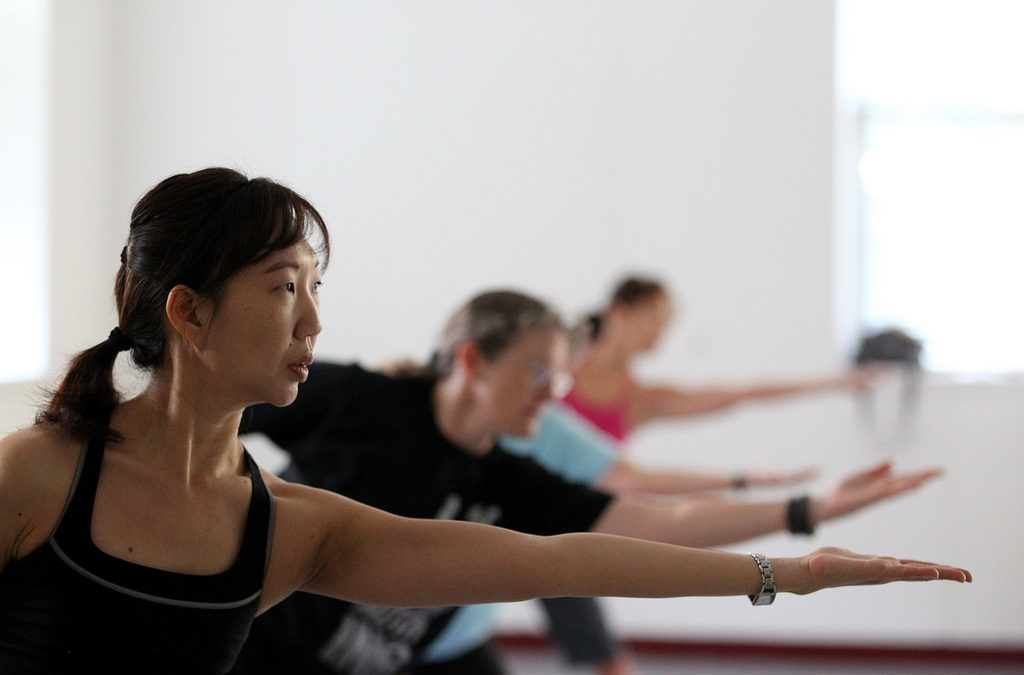Completing a 3-month yoga and meditation course may reduce older adults’ risk of mild cognitive impairment according to a new study published in the Journal of Alzheimer’s Disease.
The study was led by researchers from the University of California-Los Angeles (UCLA), including senior author Dr. Helen Lavretsky, of the Department of Psychiatry. Mild cognitive impairment (MCI) is characterized by noticeable changes in cognitive function, such as the development of memory and thinking problems. Though these changes are not severe enough to interfere with a person’s independence and day-to-day activities, symptoms can worsen with time, increasing the risk of Alzheimer’s disease and other dementias. According to the Alzheimer’s Association, long-term studies indicate that around 10-20 percent of adults aged 65 and older are likely to have MCI.
Of these adults, it is estimated that around 6-15 percent develop dementia each year. While there are currently no approved medications to treat MCI, experts recommend that older adults with the condition engage in mentally stimulating activities – such as crossword puzzles – in order to reduce their risk of dementia. Now, Dr. Lavretsky and colleagues say practicing yoga and meditation may be just as effective – if not better – for protecting cognitive function.


Recent Comments